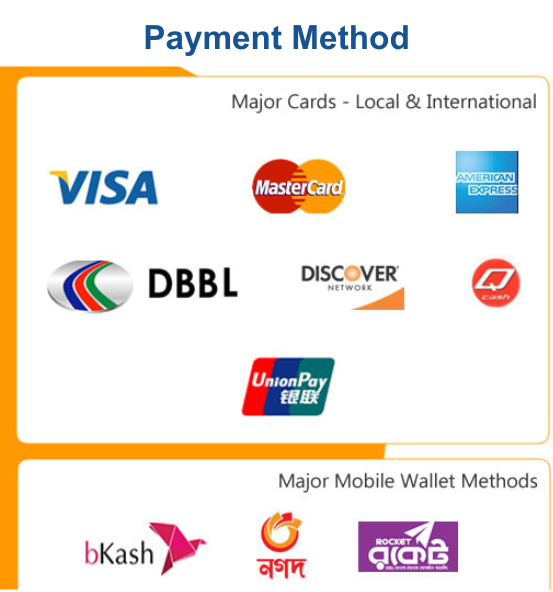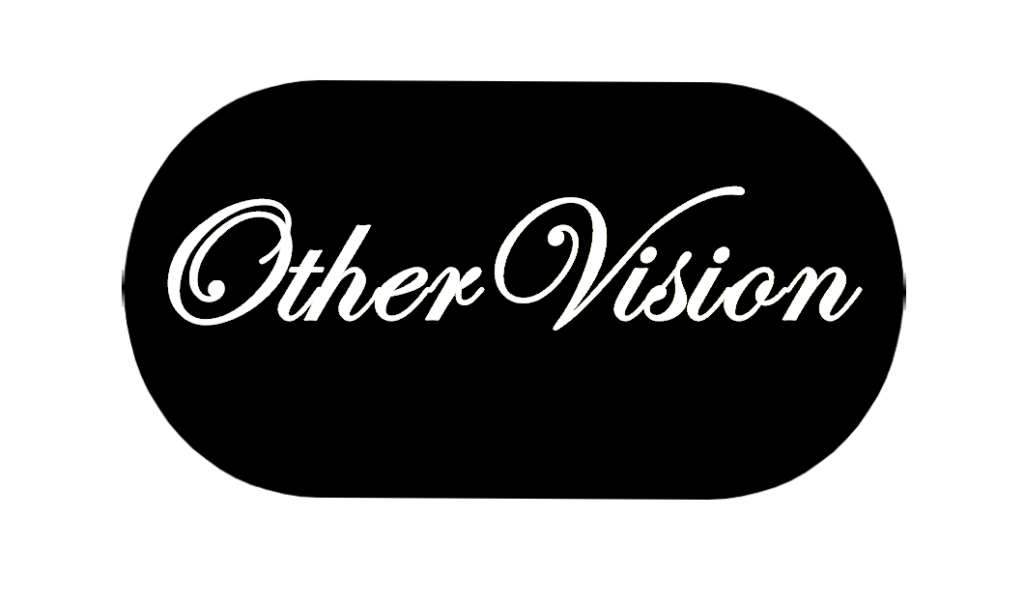The OET: Empowering Healthcare Professionals for Global Success
The Occupational English Test, commonly referred to as the OET, is a specialized English language proficiency test designed specifically for healthcare professionals seeking to register and practice in English-speaking countries. It assesses the language skills required for effective communication in healthcare settings, ensuring that practitioners can interact safely and efficiently with patients, colleagues, and other stakeholders.
Why is the OET Important?
In today’s increasingly interconnected world, healthcare professionals are often presented with opportunities to work and practice in different countries. English-speaking nations, such as Australia, the UK, New Zealand, Ireland, and others, have a high demand for skilled healthcare workers from around the globe. However, to ensure patient safety and maintain high standards of care, these countries require healthcare professionals to demonstrate their proficiency in English language communication.
The OET serves as a reliable and standardized assessment tool, evaluating a candidate’s ability to understand and use English in real-life healthcare scenarios. It tests language skills in the context of professional practice, making it a more relevant and practical assessment for healthcare professionals than general English language tests like IELTS or TOEFL.
By successfully passing the OET, healthcare professionals can confidently prove their English language competence and gain registration or employment in their chosen field within an English-speaking country.
Who Takes the OET?
The OET is specifically designed for the following 12 healthcare professions:
- Dentistry
- Dietetics
- Medicine
- Nursing
- Occupational Therapy
- Optometry
- Pharmacy
- Physiotherapy
- Podiatry
- Radiography
- Speech Pathology
- Veterinary Science
Each profession has its own specific test format and content, reflecting the unique language demands of each field.
Test Format and Content
The OET comprises four sub-tests: Listening, Reading, Writing, and Speaking. Each sub-test assesses specific language skills relevant to healthcare communication.
-
Listening:
- This sub-test evaluates the candidate’s ability to understand spoken English in healthcare contexts.
- It typically includes recordings of consultations, patient handover, and presentations, and candidates are required to answer questions based on the information presented.
-
Reading:
- The reading sub-test assesses the candidate’s ability to comprehend written healthcare texts, including case notes, medical articles, and policy documents.
- Questions may involve identifying key information, understanding complex medical terminology, and interpreting data.
-
Writing:
- In this sub-test, candidates are required to produce a professional healthcare letter, such as a referral letter or discharge summary, based on provided case notes.
- It assesses the ability to communicate information clearly, concisely, and accurately in a professional written format.
-
Speaking:
- This sub-test involves role-plays simulating real-life healthcare interactions, such as a doctor-patient consultation or a nurse-patient handover.
- Candidates are assessed on their ability to communicate effectively, elicit information, provide explanations, and demonstrate empathy and professionalism.
Scoring and Results
Each sub-test is scored individually on a scale from 0 to 500 in 10-point increments. The overall OET score is determined by the average of the four sub-test scores.
Most regulatory bodies and healthcare employers require a minimum score of ‘B’ in each sub-test. However, some professions or organizations may have higher score requirements.
Test results are typically available online within three weeks of the test date. Candidates receive a Statement of Results detailing their performance in each sub-test.
Preparation Tips
Preparing for the OET requires focused and strategic effort. Here are some valuable tips to enhance your preparation:
-
Familiarize Yourself with the Test Format: Thoroughly understand the structure and content of each sub-test to avoid any surprises on test day.
-
Practice with OET-Specific Materials: Utilize official OET preparation materials and practice tests to gain familiarity with the question types and improve your time management skills.
-
Enhance Your Healthcare Vocabulary: Develop a strong command of medical terminology and healthcare-related vocabulary relevant to your profession.
-
Focus on Communication Skills: The OET emphasizes effective communication in healthcare settings. Practice active listening, clear articulation, and empathetic interaction.
-
Seek Professional Guidance: Consider enrolling in an OET preparation course or seeking guidance from an experienced tutor to receive personalized feedback and improve your weak areas.
-
Immerse Yourself in English: Surround yourself with English language materials related to your profession. Read medical journals, listen to healthcare podcasts, and watch documentaries to enhance your comprehension and fluency.
-
Manage Your Time Wisely: Allocate sufficient time for preparation, focusing on your weaker areas. Create a study schedule and stick to it.
-
Stay Calm and Confident: On test day, maintain a positive mindset and trust in your preparation. Take deep breaths and focus on demonstrating your best language skills.
Conclusion
The OET plays a vital role in facilitating the global mobility of healthcare professionals. By successfully passing this specialized English language test, practitioners can unlock opportunities to work and practice in English-speaking countries, contributing their skills and expertise to diverse healthcare settings.
Remember, preparation is key to success in the OET. By following the tips outlined in this guide, utilizing official resources, and seeking professional guidance when needed, you can enhance your language proficiency and achieve your desired score.
So, embark on your OET journey with confidence, dedication, and a passion for providing quality healthcare. The world awaits your skills!


